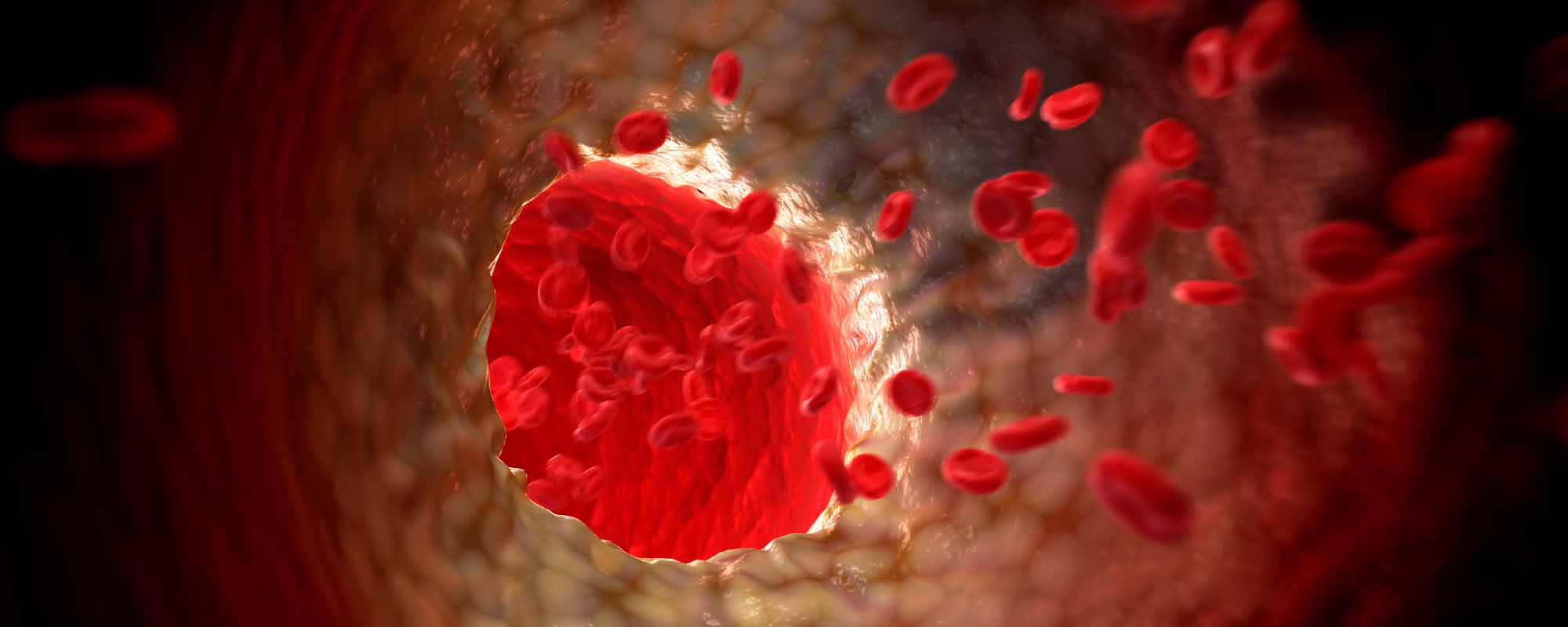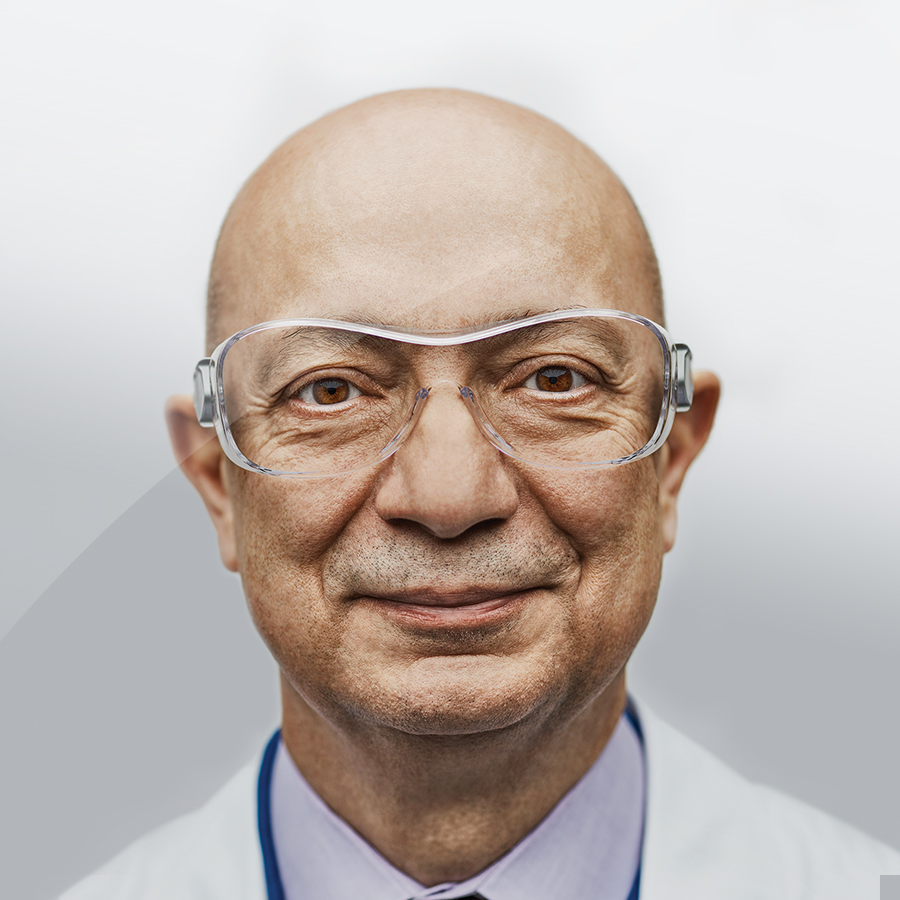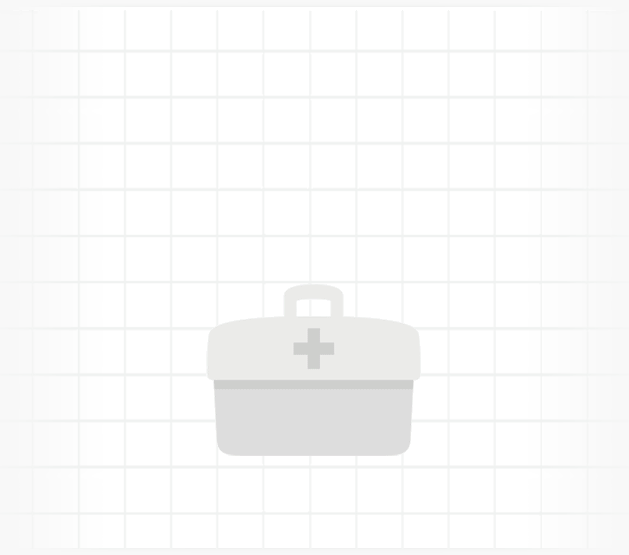The Latest Innovations
Some of the newest treatments are antibody-based. These medicines work like guided missiles, specifically homing in on immune cells that would attack the transplanted organ. By reducing the number of transplant-attacking immune cells, these treatments lower a patient’s chances of acute rejection.
There are also many new treatments in development. One, for example, is a monthly IV infusion that would replace the calcineurin inhibitor medicines being used today. Other treatments in development include personalized therapies tailored to each patient’s needs. Preliminary studies for these compounds show higher than ever long-term survival rates along with decreased infection and malignancy rates. More research is needed before these potential drugs reach patients, but for now, these studies represent exciting advances in transplant medicine.





